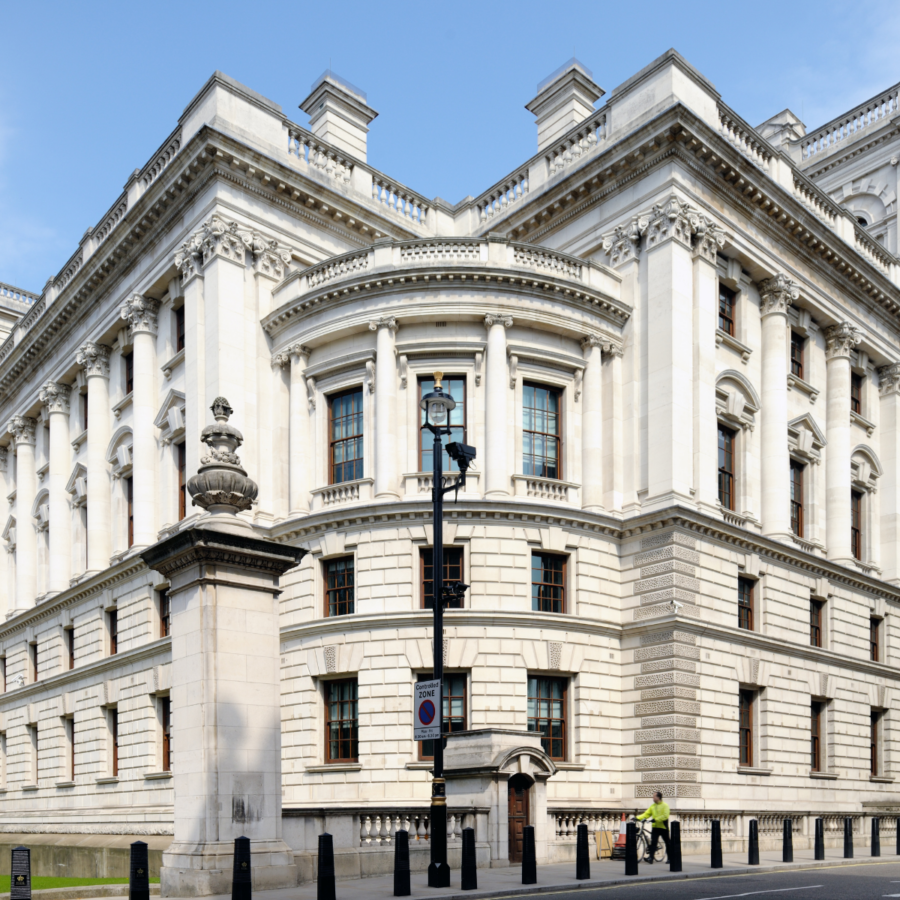- Home
- Publications
- Commentary: Monetary And Fiscal Policy Redux – The Mini-Budget
Commentary: Monetary and Fiscal Policy Redux – The Mini-Budget
 Pub. Date
Pub. Date
 Pub. Type
Pub. Type

Authors
Journal
National Institute Economic Review, No. 262, Vol. Autumn 2022, Pages: 1-7
Publisher
Cambridge University Press
External Resources
Not so very long ago, I argued that it was possible to characterise modern monetary and fiscal policy in the UK as a function of three key events: exit from the European Exchange Rate Mechanism in September 1992, the election of ‘New Labour’ in May 1997 and the global financial crisis of 2007–2009. The first led to the adoption of a domestic inflation target in October 1992, the second to the operational independence of the Bank of England and the establishment of the Monetary Policy Committee and the third to the acceptance of the need for macro-prudential policies, extraordinary monetary interventions to augment a simple interest rate rule and formal budgetary oversight by a fiscal council. The latter was provided by the Office for Budget Responsibility, which was established in 2010.
It was a journey that we thought complete. But the events around the Truss–Kwarteng Mini-Budget of 23 September 2022 now add a fourth key date and have exposed so very clearly the ability of politics to disrupt the best-laid plans of any monetary-fiscal programme. Indeed, that ‘special fiscal operation’ will, I think, make it nearly impossible for any future government to work on a ‘fiscal event’ without showing its working and having that assessed by both the fiscal council and the monetary policy committee, unless it is prepared to pay a huge risk premium for any perceived or real divergence from a narrow orthodoxy.
Related Blog Posts



Public Debt Sustainability and Fiscal Rules
Stephen Millard
Benjamin Caswell
05 Feb 2024
4 min read

Related Projects
Related News

Call for Papers: Lessons From Quantitative Easing & Quantitative Tightening
09 Feb 2024
1 min read



Related Publications

Adam Smith and the Bankers: Retrospect and Prospect
04 Jan 2024
National Institute Economic Review

On the Promises and Perils of Smithian Growth: From the Pin Factory to AI
04 Jan 2024
National Institute Economic Review

Economic Progress and Adam Smith’s Dilemma
04 Jan 2024
National Institute Economic Review

Adam Smith’s ‘Wealth of Nations’ is Still Relevant to UK Trade Policymaking on International Trade
04 Jan 2024
National Institute Economic Review
Related events

Assessing Cycles and Structural Changes in Markets

Business Conditions Forum

2022 Dow Lecture: The Economy and Policy Trade-Off






